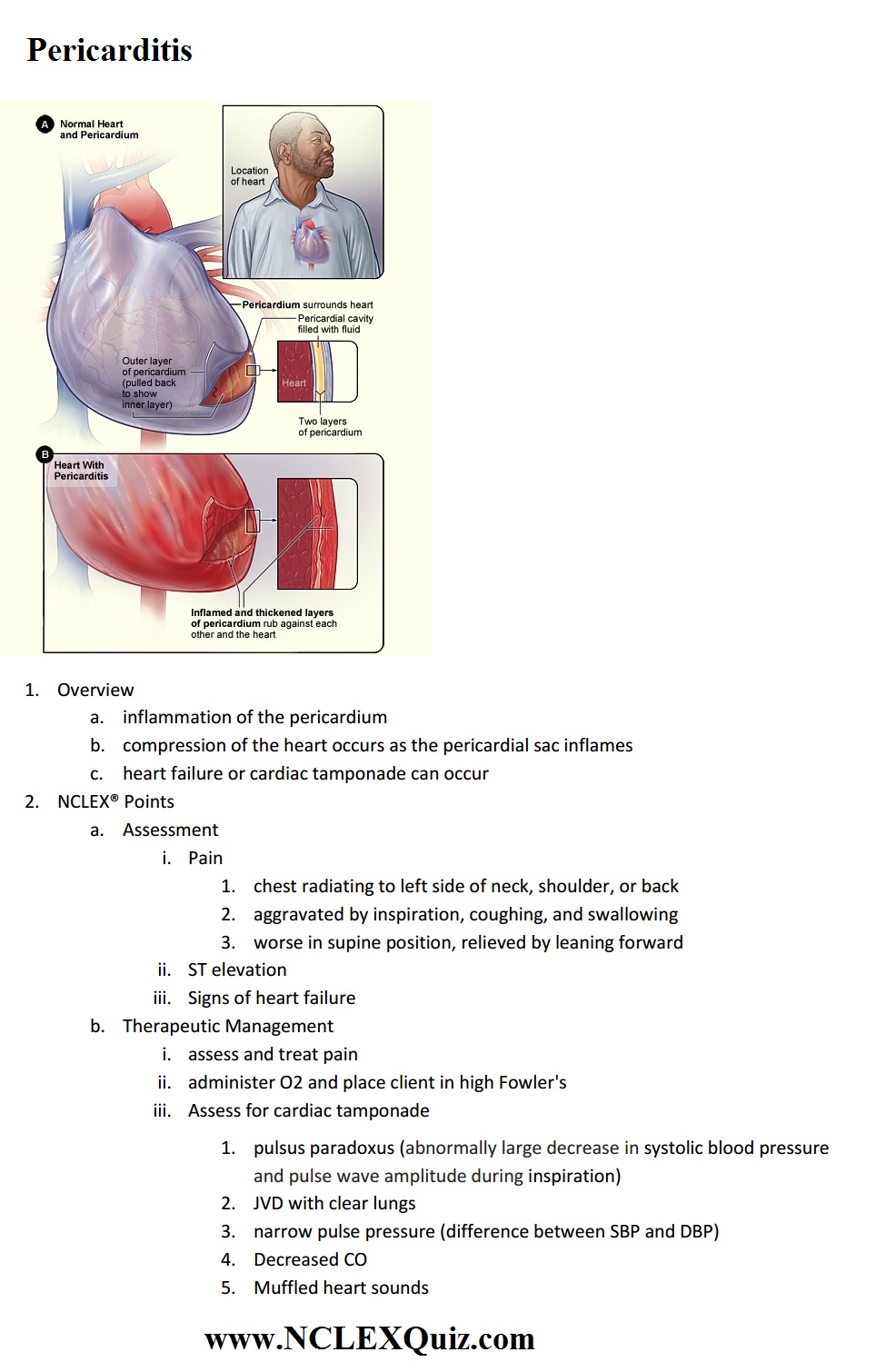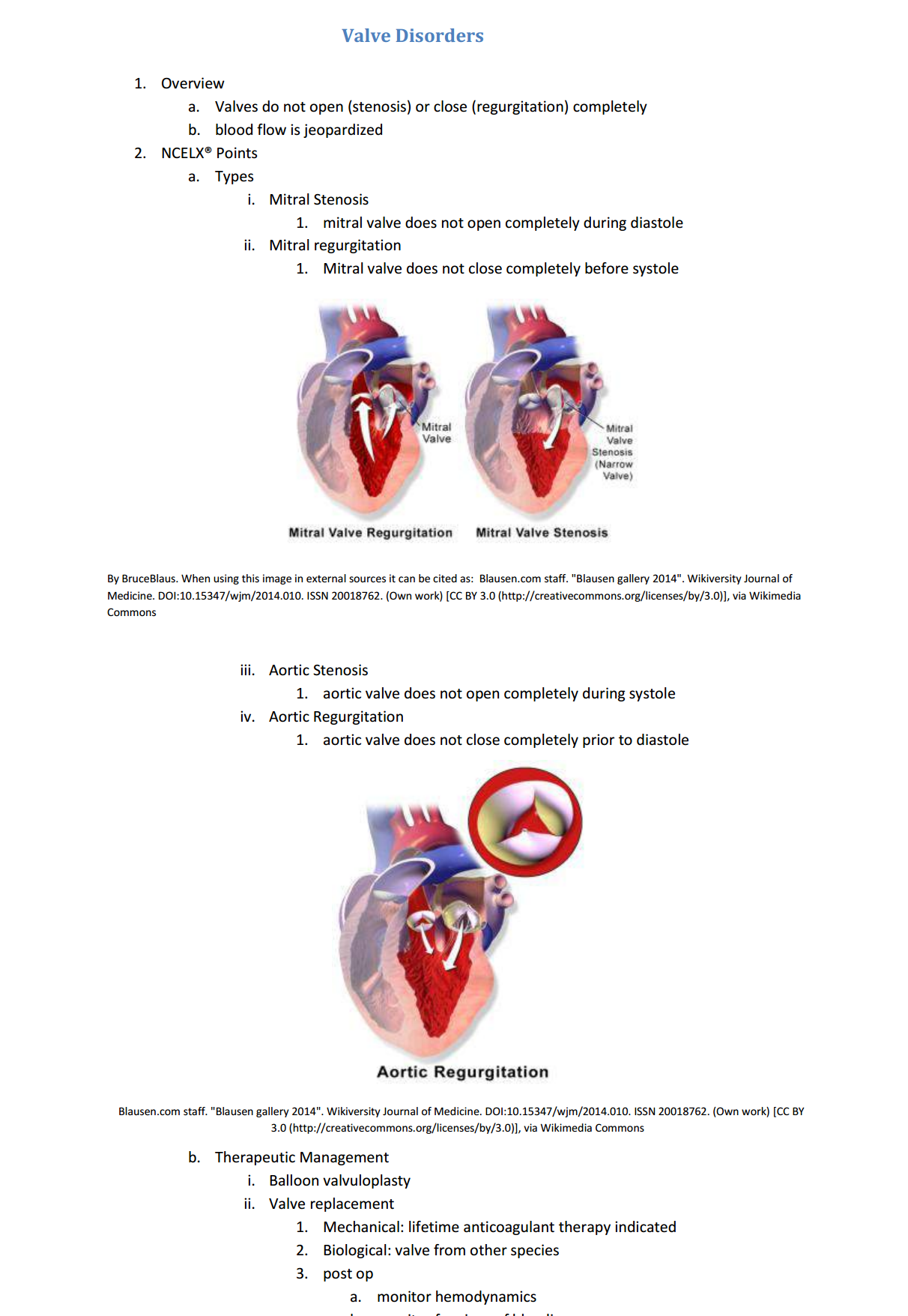Osmitrol is an osmotic diuretic. It focuses on increasing the osmotic pressure of the glomerular filtrate. Osmitrol, osmotic diuretic, and osmotic pressure all start with the letter O.
The higher the concentration of osmitrol in the filtrate, the more diuresis occurs (more fluid removal).
What is Osmitrol (Mannitol) used for:
- Prevents, treats oliguric phase (also starts with the letter O) of acute renal failure.
- Reduces increased intracranial pressure caused by cerebral edema.
- Decreases edema of injured spinal cord.
- Decreases intraocular pressure caused by acute glaucoma.
- Promotes excretion of toxic substances.
Do not use Osmitrol (Mannitol) for:
- Severe renal disease
- Dehydration
- Intracranial bleeding
- Severe pulmonary edema
Be cautious in using Osmitrol (Mannitol) when patient has:
- Cardiac failure
- Pulmonary edema
Side effects of Osmitrol (Mannitol):
- Blurred vision
- Dizziness
- Tachycardia
- Peripheral edema
- Headache
- Nausea and vomiting (of course)
- Backache
Nursing actions to take:
- Check vital signs before administering the dose (Got to look at that blood pressure).
- Assess urinary output and hydration status
- Assess electrolytes (for low sodium and potassium).
- Assess BUN, renal, and hepatic panels.
- Look for symptoms of congestive heart failure and pulmonary edema.
- IV medication may crystallize so it is essential to warm prior to putting into solution to prevent from entering circulation.



